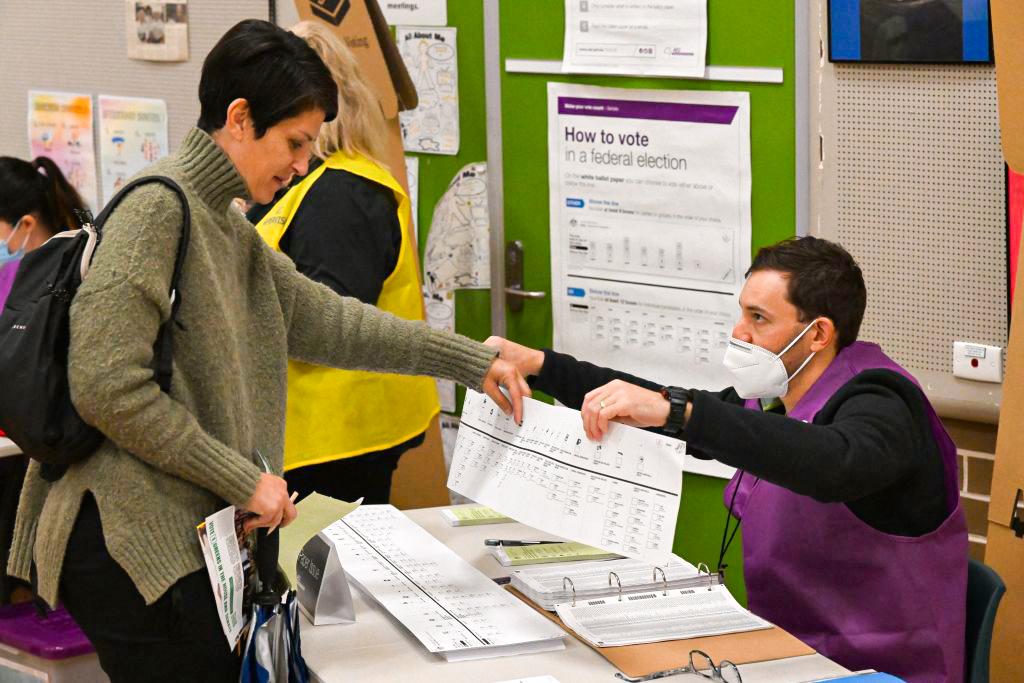Three in five Australians oppose public funding of political parties and candidates while 27 percent support it, found a recent survey on political funding.
This opposition spans across voters from all political affiliations, reflecting a broad national consensus against using taxpayer money to fund election campaigns.





